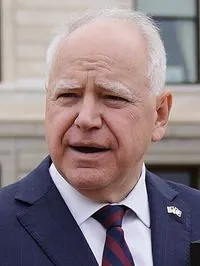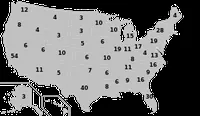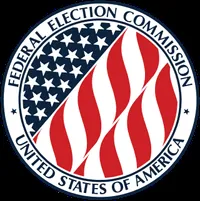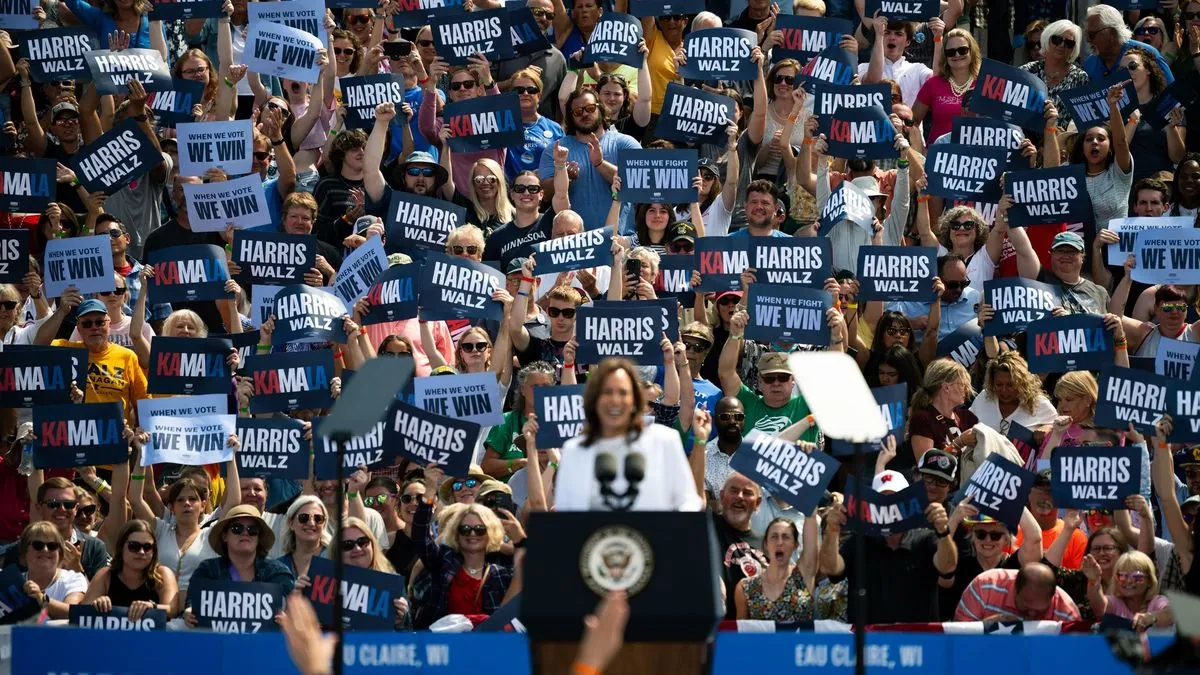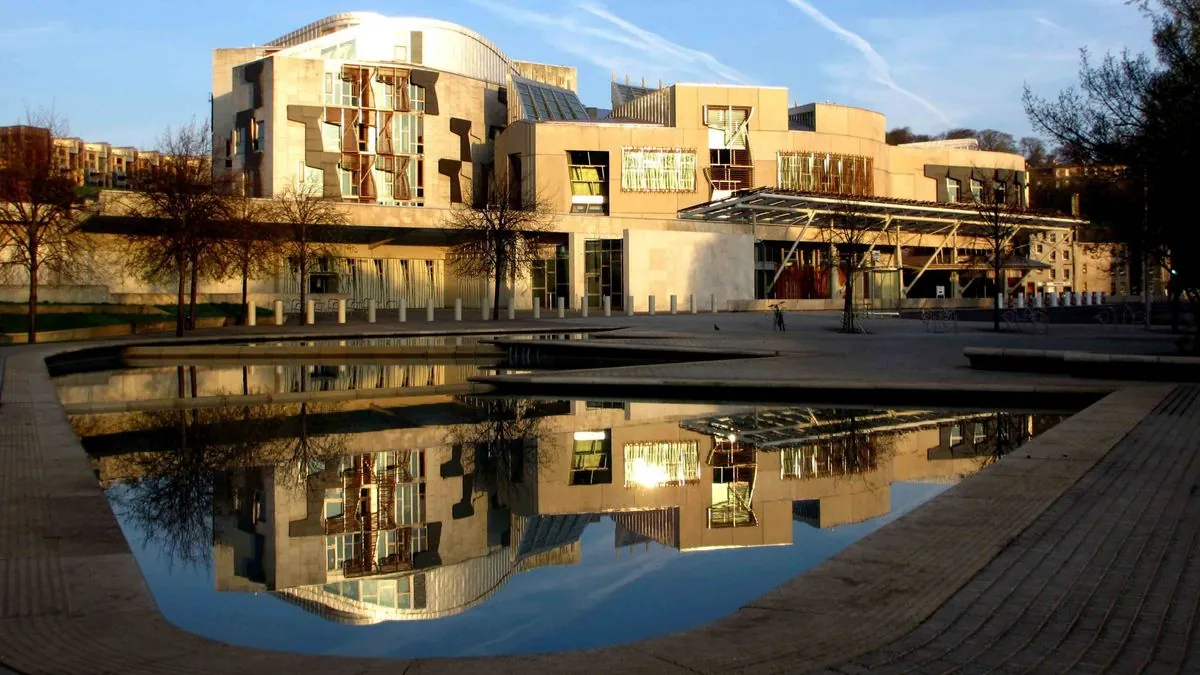New Scottish Tory Leader's Controversial Independence Debate Boycott Plan
Russell Findlay, the new Scottish Conservative leader, proposes boycotting independence discussions in Parliament, sparking criticism. The strategy aims to focus on other issues but risks leaving separatists unopposed.
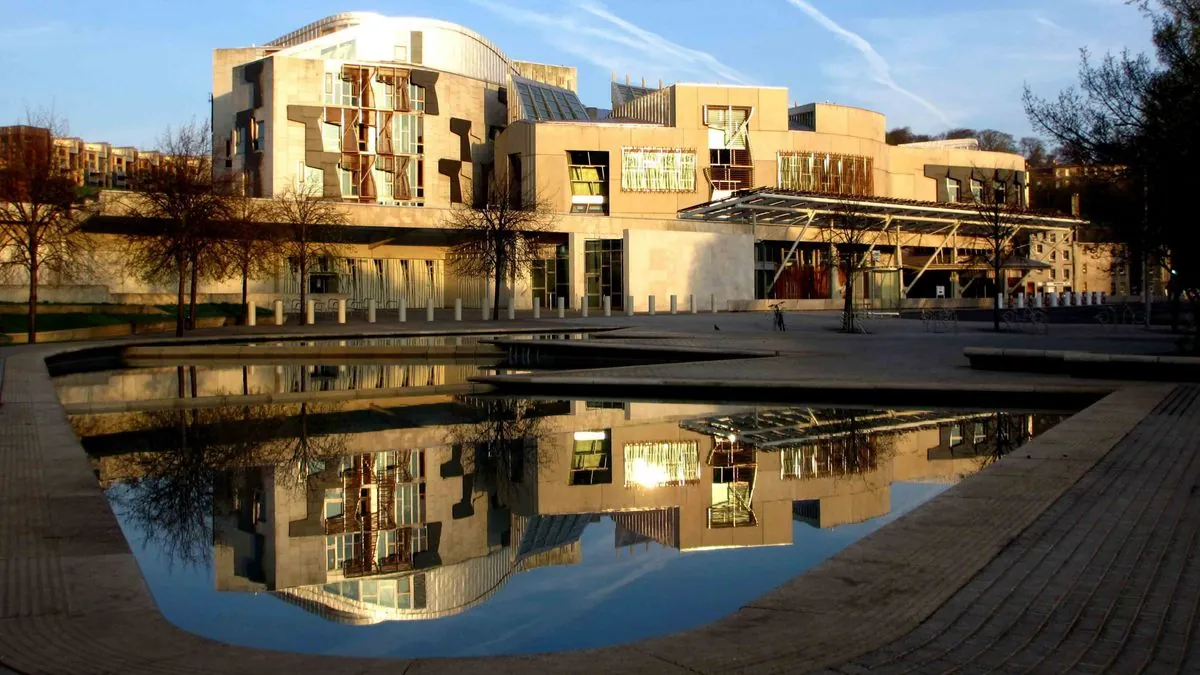
Russell Findlay, the newly appointed leader of the Scottish Conservative and Unionist Party, has proposed a controversial strategy to boycott discussions on independence in the Scottish Parliament. This move has sparked criticism and raised concerns about its potential impact on the Unionist cause.
The Scottish Parliament, established in 1999, has been a focal point for debates on Scotland's constitutional future. Findlay's plan involves refusing to engage in independence-related discussions brought forward by the Scottish National Party (SNP) or the Scottish Greens, both of which support Scottish independence.
Instead, Findlay aims to redirect focus towards issues such as health and education, which he believes are more pertinent to the daily lives of Scottish citizens. While this approach may seem logical on the surface, it has been met with skepticism from political observers.

The strategy proposed by Findlay could have significant consequences. By abstaining from independence debates, the Scottish Conservatives risk leaving the separatist arguments unchallenged in the parliamentary arena. This vacuum could potentially be filled by other Unionist parties such as Labour and the Liberal Democrats, who may find themselves unexpectedly shouldering the responsibility of defending the Union.
It's worth noting that the Scottish Parliament, which meets three days a week when in session, uses a mixed electoral system and has 129 members. The institution has played a crucial role in Scottish politics since its establishment, with the SNP holding power since 2007. The parliament has devolved powers over various areas, including health and education, which align with Findlay's proposed focus.
However, the independence issue remains a significant aspect of Scottish political discourse. The 2014 independence referendum, which resulted in a 55% vote to remain in the UK, has not settled the matter definitively. The 2016 Brexit referendum, where Scotland voted 62% to remain in the EU, has further complicated the constitutional debate.
Findlay's approach appears to be an attempt to change the narrative and prioritize other pressing issues. However, critics argue that avoiding the independence debate entirely could be counterproductive. The Scottish Parliament, with its ability to pass laws on devolved matters without Westminster approval, serves as a crucial forum for these discussions.
"We are going to change our approach and be stronger in standing up to Nationalist attempts to discuss their favourite topic of breaking up the United Kingdom."
While Findlay's intention to focus on everyday issues is commendable, the strategy of completely boycotting independence debates may need reconsideration. The Scottish Conservative and Unionist Party, founded in 1912, has a long history of engaging in constitutional debates. Abandoning this role in the Scottish Parliament could potentially weaken their position in future discussions.
As the political landscape continues to evolve, with further powers devolved to the Scottish Parliament through acts like the Scotland Act 2016, the need for robust debate on all issues, including independence, remains crucial. The cross-party committees that play a vital role in scrutinizing legislation in the Scottish Parliament could also be affected by this boycott strategy.
In conclusion, while Findlay's desire to prioritize practical issues is understandable, the proposed boycott of independence debates may require careful reconsideration. Engaging in these discussions, while also focusing on other pressing matters, could prove to be a more balanced and effective approach for the Scottish Conservatives in the long run.














